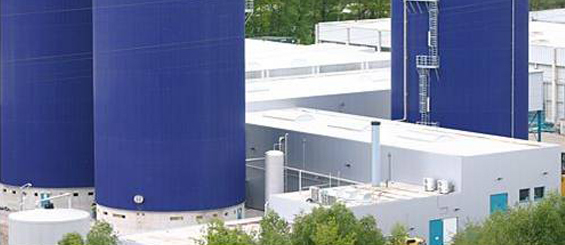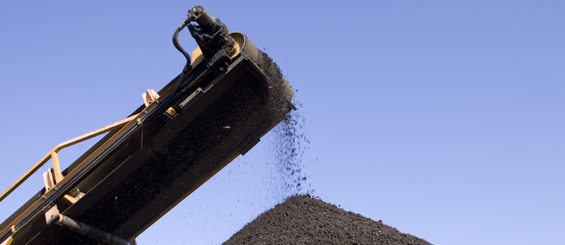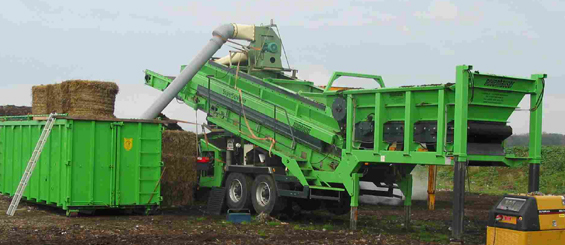Adverts
ScotlandâÂÂs Environment Secretary Richard Lochhead has launched a consultation on creating a more circular economy in Scotland. The consultation, which will run until the 30th October 2015, is the first step in preparing a circular economy strategy for Scotland - targeting significant potential benefits for the economy, through using resources more efficiently, creating new markets and improving resilience; for the environment, through cutting waste and carbon emissions; and for communities, with lower cost ways to access the goods we need.
The Scottish Government has developed its circular economy consultation by working with partners including SEPA, Zero Waste Scotland and Scottish Enterprise, to be at the forefront of action in managing the countryâÂÂs resources more effectively.
The consultation will explore the priorities for building a more circular economy â where products and materials are kept in high value use for as long as possible. It builds on ScotlandâÂÂs progress in the zero waste and resource efficiency agendas, with a new focus on a much broader set of business and industry opportunities through reduced reliance on virgin materials.
Overview
This consultation explores the priorities for building a more circular economy â where products and materials are kept in high value use for as long as possible. It builds on ScotlandâÂÂs progress in the zero waste and resource efficiency agendas, with a new focus on a much broader set of business and industry opportunities.
This matters because of the significant potential benefits:
- to the economy â improving productivity, opening up new markets and improving resilience;
- to the environment â cutting waste and carbon emissions; and
- to communities â more, lower cost options to access the goods we need.
The consultation sets out the Scottish Government's ambition and seeks views on potential actions in the key areas of design, reuse, repair, remanufacture, recycling, and recovering value from biological resources. It also puts forward proposals to support change in these areas through communications, skills and measuring progress.
The proposals have been informed by a period of debate in Scotland in the first half of 2015. Together with the partner agencies, they have published a number of reports for discussion, organised workshops and events with groups as diverse as biotechnology industry bodies and Young Scot, and most recently their social media campaign #makethingslast. The Scottish Government also intend for their proposals to contribute to the EUâÂÂs consideration of its own circular economy plans.
The most relevant sections of the consultation are 'Recycling' and 'Recovering value from biological resources'. The main proposals are summarised below.
Recycling - pages 24-26.
Scottish Government want businesses, councils and households to work together to make recycling routine, more consistent, for every household to have access to a food waste service and to improve the quality of recyclate. The proposals include:
- Review circumstances in which contamination arises in collection systems
- Review the rural exemption for food waste as part of the process to develop best practice
- Focus attention and support on small food businesses that will come into scope of the Waste Regulations in January 2016
- SEPA to engage and support waste producers with compliance with the regulations and to use appropriate enforcement procedures
Recovering value from biological resources - pages 28-30.
Scottish Government want Scotland to be an international leader in the efficient use of biological resources. They are proposing a number of actions to maximise the value from biological resources which would otherwise end up in lower value uses or as waste. These include:
- Adding more value to digestate from food waste recycling systems;
- Improving the quality of digestate and compost in line with PAS standards, making these fertiliser products more acceptable for more markets;
- Utilise more of the heat produced by the anaerobic digestion facilities:
- Explore the scope to phase out the purchasing of non-renewable biological materials, such as peat, by the public sector in Scotland through changes to Public Procurement requirements. This will help to stimulate greater domestic demand for renewable based fertiliser products produced from the network of anaerobic digestion and in-vessel composting facilities in Scotland;
- Support cross-sector awareness of circular economy opportunities, for example: support investment in research and development and innovation to develop and commercialise processes which address technical barriers for the use of biological waste; the potential for data collection systems for specific industry sectors to help understand material flows and the opportunities they present; and the potential for "regional hubsâ for biorefining processes.
Responding to the consultation:
The full consultation is HERE
This consultation closed on 30th October 2015.
The REA response can be found HERE.
Published: 24/08/15, Updated 30/10/15
visitor comments
Members' Area
Become a Member!
Join the Organics Recycling Group at the Renewable Energy Association by clicking below.





.jpg)


